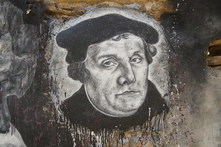
But during his adulthood and time as a priest he began to have serious misgivings about the way the church acted, it’s practices and the claims that it made upon it’s congregations.One day he saw what he needed in the text of St Paul’s letter to the Romans (New Testament) – God’s grace was there for him all the time if only he reached out by faith alone for forgiveness through Christ: Christ had died for him, he could not save himself however hard he tried, but God could! Fired by a new enthusiasm he set about declaring this truth to all around him and denouncing many Church practices such as penance, the veneration of the saints and the Virgin Mary, belief in Purgatory – indeed anything which could not be found in the Bible.
All Christians are saints; the Virgin Mary has no special place in heaven
- Priests have no special status – all believers are priests really
- The Mass is a reminder of Christ’s Last Supper and sacrifice for our sins, it does not become Christ’s body and blood
- The Pope has no authority to represent Christ on earth or to excommunicate anyone
But was Luther justifed in these claims? Well certainly at the start of the C16, the Roman Catholic Church was all powerful in western Europe. There was no legal alternative. The Catholic Church jealously guarded its position and anybody who was deemed to have gone against the Catholic Church was labelled a heretic and burnt at the stake. The Catholic Church did not tolerate any deviance from its teachings as any appearance of ‘going soft’ might have been interpreted as a sign of weakness which would be exploited.
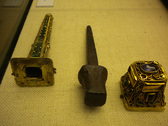 Relic of the Nail of the Cross - Ipernity.com
Relic of the Nail of the Cross - Ipernity.com This gave a priest enormous power at a local level on behalf of the Catholic Church. The local population viewed the local priest as their ‘passport’ to heaven as they knew no different and had been taught this from birth by the local priest. Such a message was constantly being repeated to ignorant people in church service after church service. Hence keeping your priest happy was seen as a prerequisite to going to heaven.
This relationship between people and church was essentially based on money - hence the huge wealth of the Catholic Church. Rich families could buy high positions for their sons in the Catholic Church and this satisfied their belief that they would go to heaven and attain salvation. However, a peasant had to pay for a child to be christened (this had to be done as a first step to getting to heaven as the people were told that a non-baptised child could not go to heaven); you had to pay to get married and you had to pay to bury someone from your family in holy ground.
To go with this, you would pay a sum to the church via the collection at the end of each service (as God was omnipresent he would see if anyone cheated on him), you had to pay tithes (a tenth of your annual income had to be paid to the church which could be either in money or in kind such as seed, animals etc.) and you were expected to work on church land for free for a specified number of days per week. The days required varied from region to region but if you were working on church land you could not be working on your own land growing food etc. and this could be more than just an irritant to a peasant as he would not be producing for his family or preparing for the next year.
However, unfair and absurd this might appear to someone in the nowadays it was the accepted way of life in 1500 as this was how it had always been and no-one knew any different and very few were willing to speak out against the Catholic Church as the consequences were too appalling to contemplate.
The Catholic Church also had a three other ways of raising revenue:
Relics: These were officially sanctioned by the Vatican. They were pieces of straw, hay, white feathers from a dove, pieces of the cross etc. that could be sold to people as the things that had been the nearest to Jesus on Earth. The money raised went straight to the church and to the Vatican. These holy relics were keenly sought after as the people saw their purchase as a way of pleasing God. It also showed that you had honoured Him by spending your money on relics associated with his son.
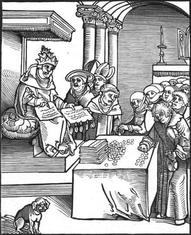 The Pope as the Antichrist, signing and selling indulgences, from Luther's 1521 Passional Christi und Antichristiby Lucas Cranach the Elder. en.wikipedia
The Pope as the Antichrist, signing and selling indulgences, from Luther's 1521 Passional Christi und Antichristiby Lucas Cranach the Elder. en.wikipedia Pilgrimages: These were very much supported by the Catholic Church as a pilgrim would end up at a place of worship that was owned by the Catholic Church and money could be made by the sale of badges, holy water, certificates to prove you had been etc. and completed your journey
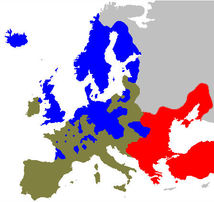 Catholic areas (olive), Protestant areas (blue) and Muslim areas (red) after the reformation - wikipedia.com
Catholic areas (olive), Protestant areas (blue) and Muslim areas (red) after the reformation - wikipedia.com Eventually in England William Tyndale headed the reform movement, in Switzerland John Calvin established Geneva as a Protestant city, and princes across the continent joined in, sensing they could get free of the Habsburgs and the Church’s control. Thus a spiritual rebellion and reform movement became a massive political upheaval: for example Henry VIII in England broke with the Catholic Church (now nicknamed ‘Roman’ Catholic), became Protestant and took the entire Church in England with him. Wars were to follow for a new-look Europe over the next hundred years, and considerable conflict occurred under the Tudor and Stuart monarchs in England.
Everywhere Protestant churches were stripped of Catholic emblems or signs, such as saints’ statues or elaborate altars, service books and scriptures were produced in the local language, new Creeds were written for Protestant beliefs, the Bible took centre stage in Christian worship and Christians were encouraged to have a personal faith and to follow their own conscience. Countries gained independence from Rome and from the Empire, scholars were free to undertake new study (hence Protestants were at the forefront of science), and the New World, America, became the home of a vigorous Protestantism.
The question remains as to whether Martin Luther ever intended this all to happen? Did he just want to clean up the church or start a whole new movement? We will never know for certain, but what is for sure is that this single man shaped the destiny of Europe and ultimately the entire world. It shows the power of the individual and the importance of a powerful idea, but it also reminds us to be careful what we wish for!


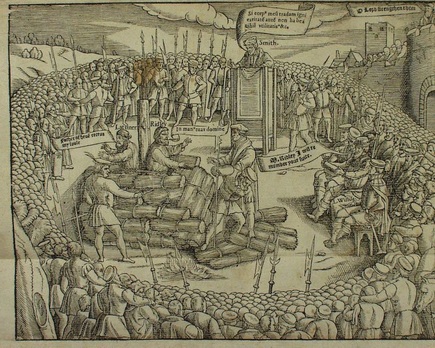

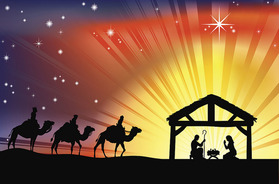
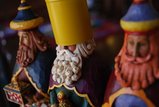

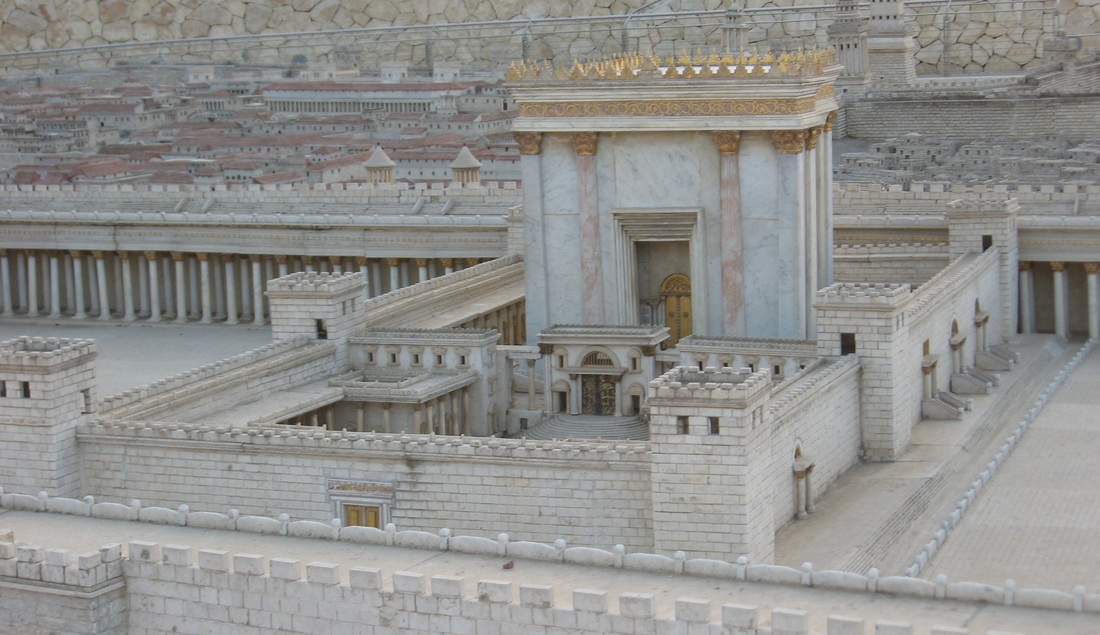
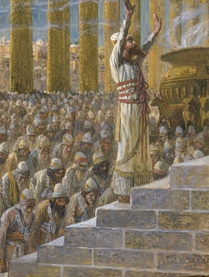
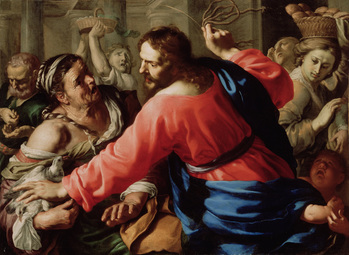



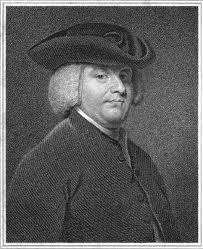
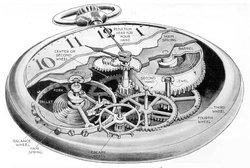

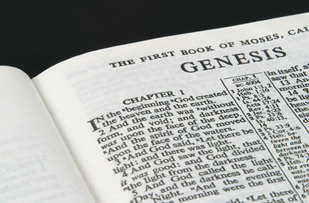
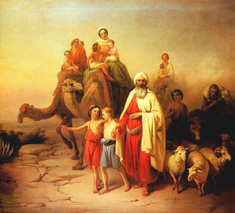




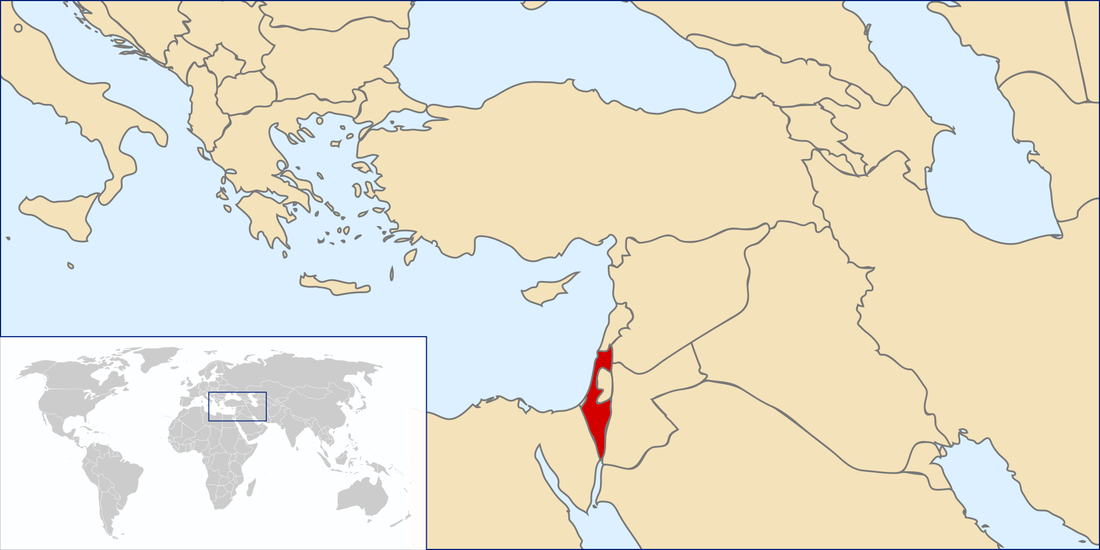
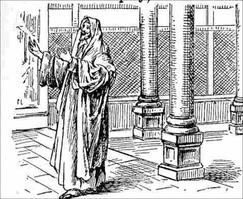
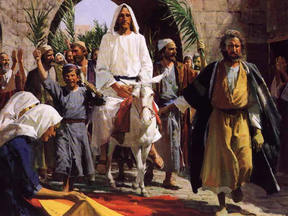

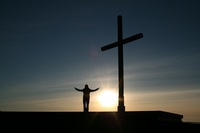
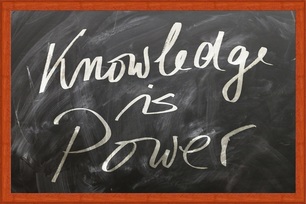


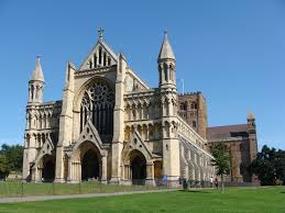

 RSS Feed
RSS Feed
